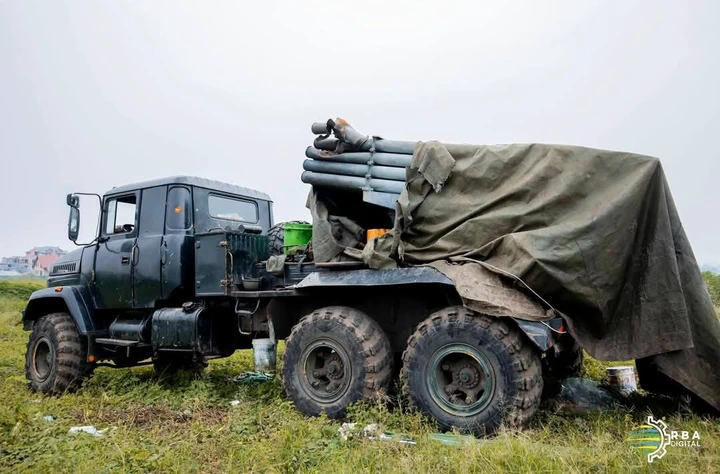The March 23 Movement (M23) rebel group has announced a ceasefire effective February 4, 2025, citing humanitarian concerns as clashes continue with the Armed Forces of the Democratic Republic of Congo (FARDC).
In a statement dated February 3, the Alliance Fleuve Congo (AFC/M23) accused the Kinshasa government of worsening the humanitarian crisis. The group condemned the FARDC’s use of military aircraft at Kavumu Airport, alleging that bomb attacks were being launched on M23-held areas, causing civilian casualties.
M23 denied accusations of planning to capture Bukavu, the capital of South Kivu Province, stating that its primary objective is to defend civilians and maintain territorial positions. However, political leader Corneille Nangaa recently indicated plans to advance towards Kinshasa, aiming for what he described as the “liberation” of the country. In response, the Congolese government has vowed to intensify military operations against the rebels in North Kivu.
The group also reiterated demands for the withdrawal of the Southern African Development Community Mission in the DRC (SAMIDRC), arguing that its presence is no longer necessary.
The ceasefire declaration comes amid heavy fighting in North Kivu, where M23 has been engaged in battles with FARDC and its allies. The ongoing conflict has led to mass displacement and a deepening humanitarian crisis.
M23, which briefly seized Goma in 2012 before withdrawing under international pressure, resurfaced in late 2021 and has since captured key towns in eastern DRC. Despite multiple ceasefires brokered by regional leaders, hostilities have persisted.
The Kinshasa government continues to accuse M23 of receiving support from Rwanda, a claim both the group and Kigali deny.
As the ceasefire takes effect, uncertainty remains over whether FARDC and its allies will reciprocate or if the truce will be short-lived in the ongoing conflict in eastern DRC.
